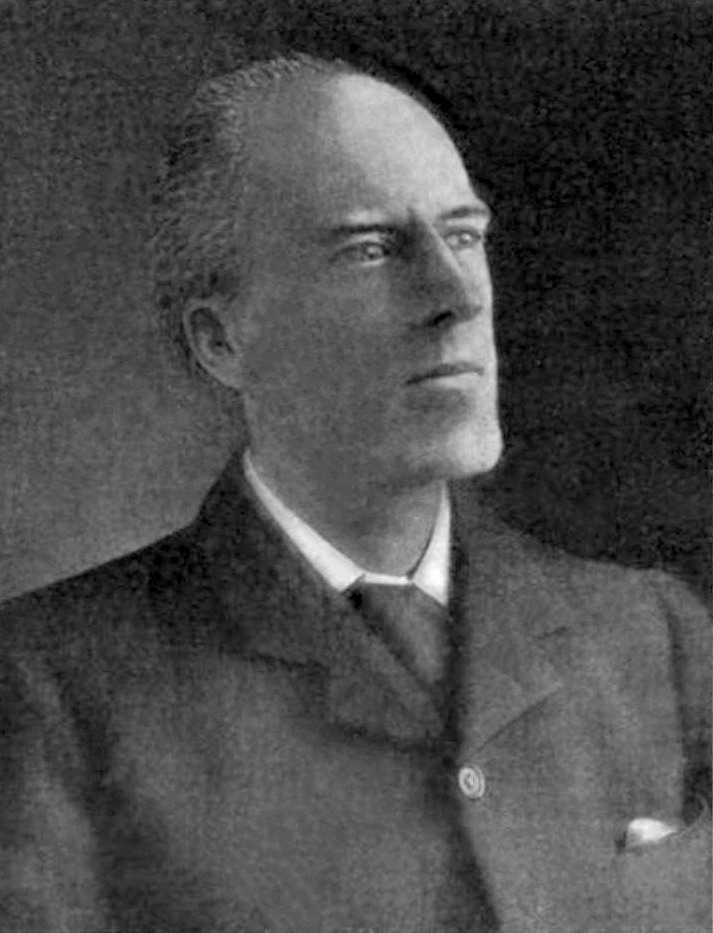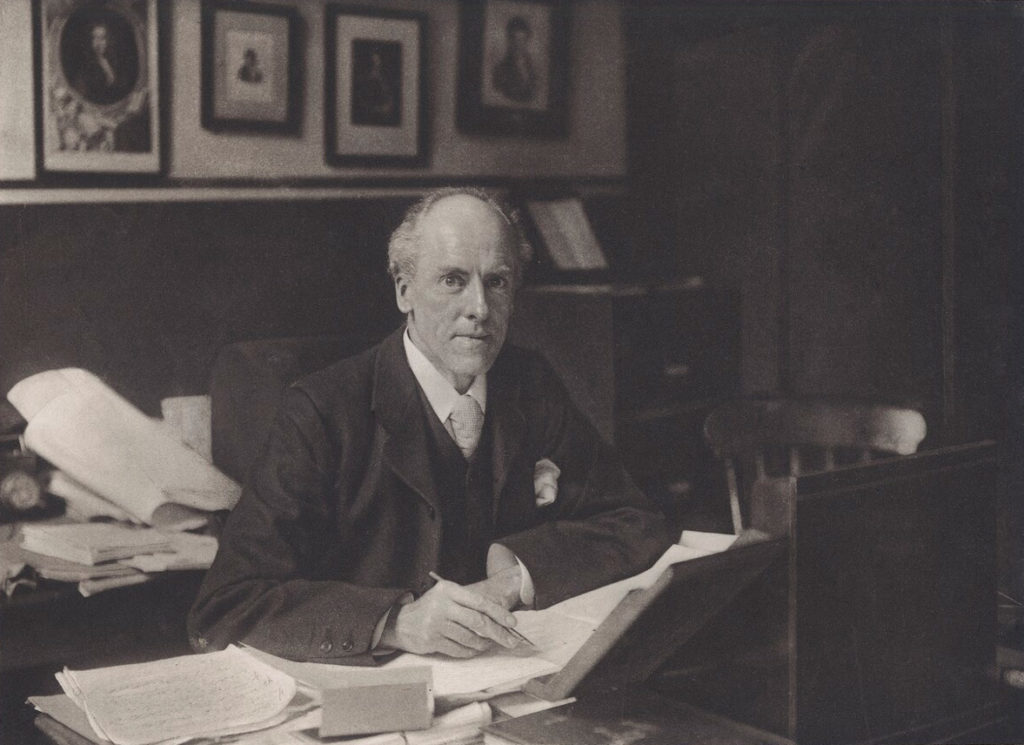The Frequentist Chef

Over the past year or so I’ve been working on a book provisionally titled “Bayesian bedtime stories”. Below is a part of the preface. This post continues the cooking analogy from the previous post. Like cooking, reasoning under uncertainty is not always easy, particularly when the ingredients leave something to be desired. But unlike cooking, reasoning under uncertainty can be…
read more





